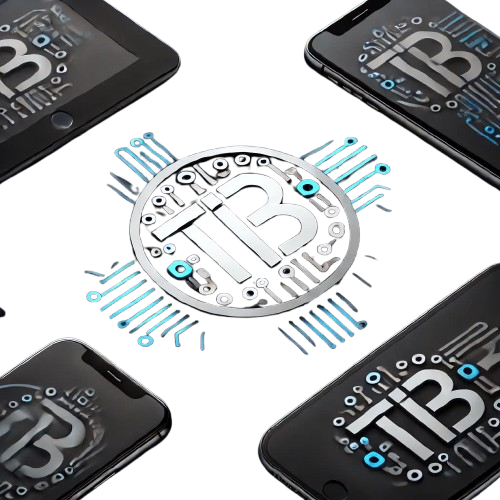Cybersecurity legal professionals specialize in managing the intricate regulatory environment of online operations, covering privacy laws, copyright and trademark laws, and cross-border compliance. Their expertise connects the divide between conventional judicial doctrines and the distinct difficulties presented by the borderless nature of the online world[1][4][5]. https://internetlawyers.net/
## Fundamental Functions of Digital Law Specialists
### Privacy and Data Security
Data privacy attorneys verify conformity with international standards like the General Data Protection Regulation and CCPA, especially for businesses processing consumer information across multiple jurisdictions[1][5]. Recent cases entail counseling SaaS providers on security incident procedures and cross-border data transfers[3][14].
### IP Rights Enforcement
Key activities involve settling website address conflicts, combating counterfeit goods on online marketplaces, and addressing copyright infringement in user-generated content[5][10][16]. For example, practices such as The Internet Law Group frequently initiate cybersquatters under the ACPA[7][12].
### Regulatory Compliance and Risk Mitigation
Attorneys prepare user agreements, privacy policies, and artificial intelligence compliance structures to limit accountability[3][8]. With 96% of UK firms implementing machine learning solutions, internet lawyers now review AI systems for bias prevention and responsible implementation[6][8].
## Digital Tool Adoption in Modern Practice
### AI-Powered Legal Tools
Services such as ROSS Intelligence leverage natural language processing to review legal documents 80% faster than manual methods, detecting clause discrepancies and potential liabilities[3][8]. Predictive analytics tools evaluate case law precedents to predict litigation outcomes with 85% accuracy[6][11].
### Blockchain and Smart Contracts
Innovative uses include automated contracts for online IP protection and NFT authenticity verification[8][11]. Firms like Marshall, Gerstein & Borun lead in digital ownership disputes, establishing benchmarks for virtual currency laws[9][14].
## Global Jurisdictional Challenges
### Clashing Legal Standards
Businesses functioning in 45+ countries face contradictory mandates, such as EU’s “right to be forgotten” versus American First Amendment rights[1][10]. Current judgments in California courts highlight the unenforceability of jurisdiction-limiting clauses in online terms of service[4][9].
### International Dispute Tactics
Successful methods include forum shopping and leveraging international treaties like the Budapest Convention[16][18]. The Internet Law Group frequently files claims in ICANN-approved arbitration centers to regain website addresses within 60 days[7][12].
## Moral Implications in Digital Law Practice
### Machine Learning Oversight
Leading firms implement prejudice identification systems and openness guidelines to maintain public trust in AI-assisted judgments[6][8]. For example, industry analyses recommend external reviews for all litigation outcome forecasters[6][11].
### Data Sovereignty Debates
Current disputes focus on state data requests versus company confidentiality pledges. Recent EU court rulings requires US tech firms to localize European user data, intensifying cloud storage practices[3][14].
## Prospective Developments for Digital Legal Practice
### DAO Governance Models
Anticipated regulations will address algorithmic agreement responsibilities and NFT ownership rights, demanding novel compliance strategies from Web3 enterprises[8][11]. Practices including Gilbertson Davis currently offer token sale guidance across multiple legal regions[18][16].
### Quantum Computing Preparedness
Future obstacles include post-quantum cryptography standards and AI-generated deepfake litigation. Innovative lawyers work with university scientists to create forensic detection tools for legal evidence validation[8][11].
